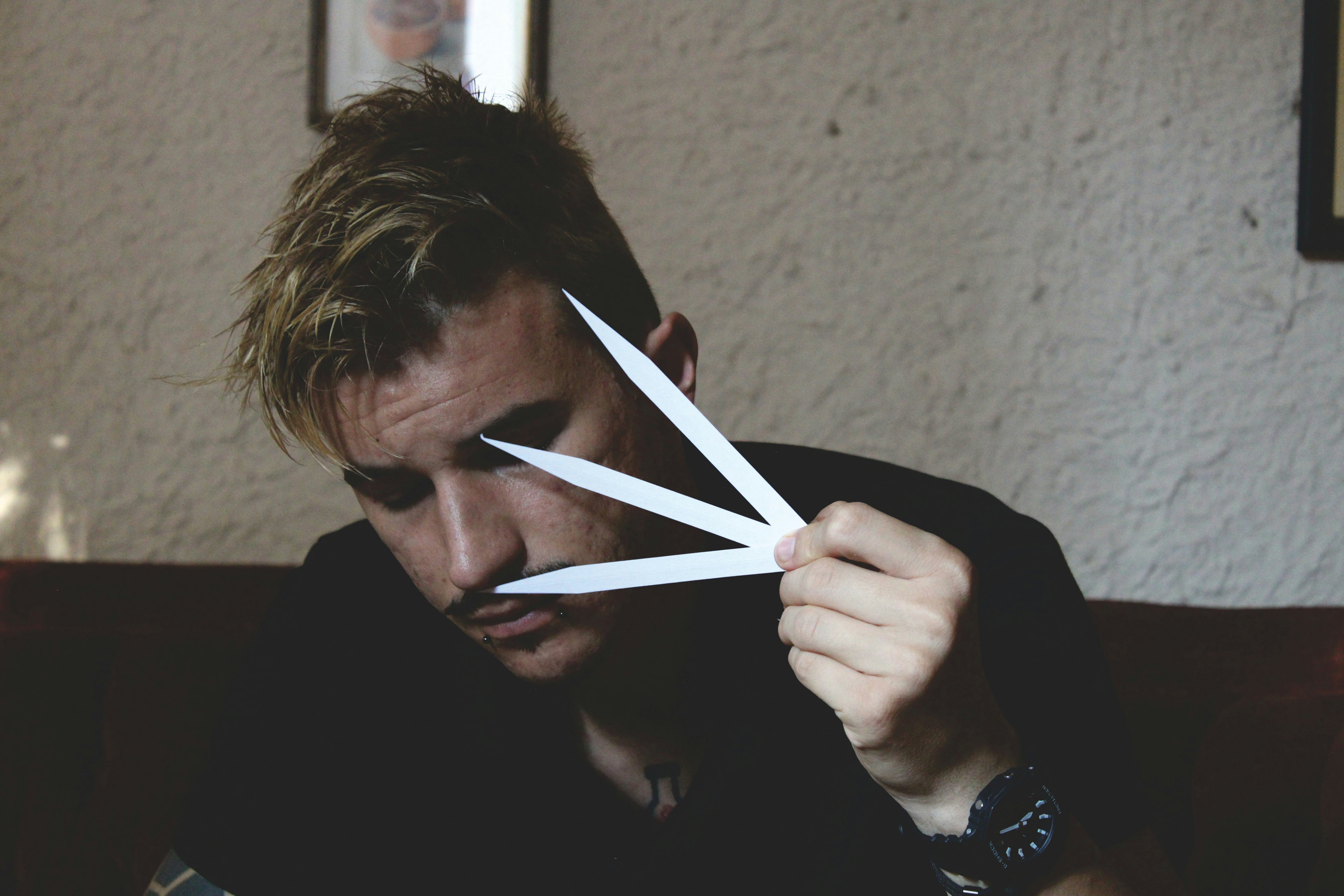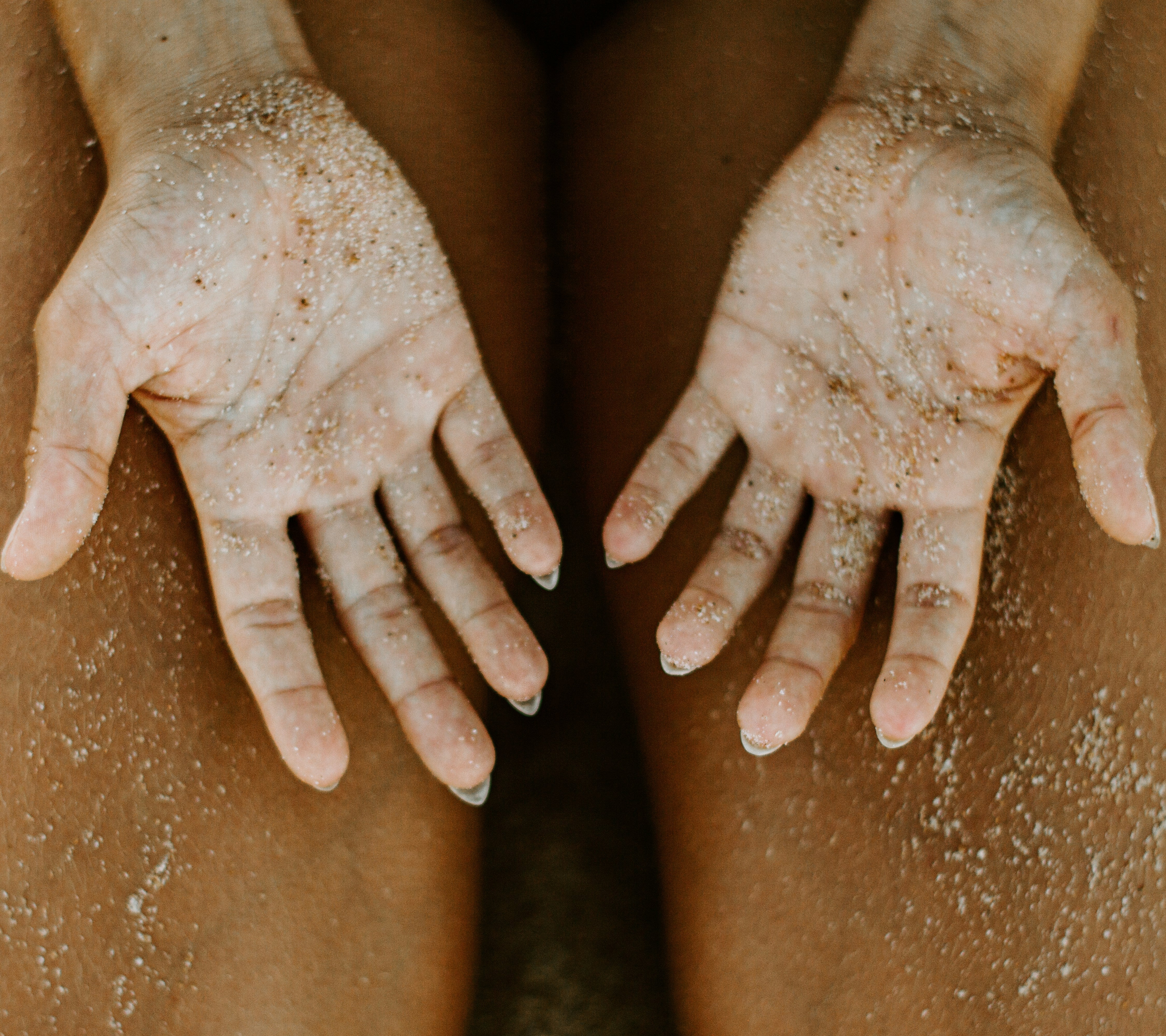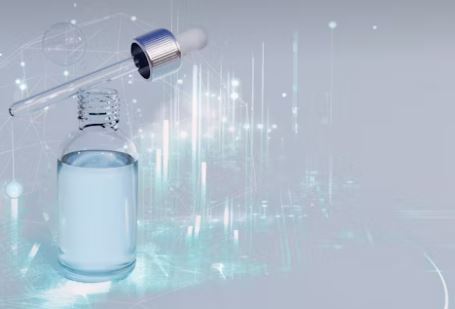The Difference Between a Chemist and a Perfumer

When you pick up a fragrance, you’re holding the result of both science and imagination. But who makes that magic happen? Many assume a chemist and a perfumer are the same when, in truth, they play very different yet equally essential roles in the creation of a scent.
The Perfumer - The Artist of Emotion
A perfumer, often called a “nose,” is the creative mind behind a fragrance’s identity. They craft olfactory stories using thousands of raw materials both natural and synthetic, to evoke feeling, memory, and atmosphere. Much like a painter chooses color and texture, a perfumer blends notes to achieve balance, harmony, and emotional resonance.
Perfumers often work closely with brand founders to capture an idea or mood in scent form. In MAIR’s case, that means translating experiences like a quiet afternoon or a memory in bloom into fragrances that feel timeless and personal.
The Balance of Science and Art in Perfumery
| Role | Focus | Primary Goal |
Key Skills |
|---|---|---|---|
| Perfumer | Creativity & emotion | Crafting the scent’s artistic direction |
Olfactory memory, blending, storytelling |
| Chemist | Structure & safety | Ensuring formula stability and compliance | Molecular analysis, formulation, testing |
The Chemist - The Guardian of Structure and Stability
A cosmetic or fragrance chemist ensures the scent envisioned by the perfumer can exist safely and consistently in the real world. They understand molecular composition, ingredient compatibility, and how perfume behaves over time in the bottle and on the skin.
Their focus is stability, safety, and scalability. They test how ingredients interact, how alcohol levels affect projection, and how formulas hold up under light and heat. The chemist’s job ensures that what smells beautiful today still smells beautiful months from now.
Where Art and Science Converge
Fragrance creation is a dialogue between emotion and precision. The perfumer dreams it, the chemist refines it. Without artistry, perfume loses its soul. Without chemistry, it loses its structure. Together, they make scent wearable, memorable, and safe.
Why It Matters to You
Understanding this difference helps you appreciate the complexity behind every bottle. It’s not simply “mixing smells,” it’s the union of innovation and intuition, rigor and romance. The next time you spritz your favorite perfume, you’re wearing the collaboration of two worlds: science and art in perfect balance.



